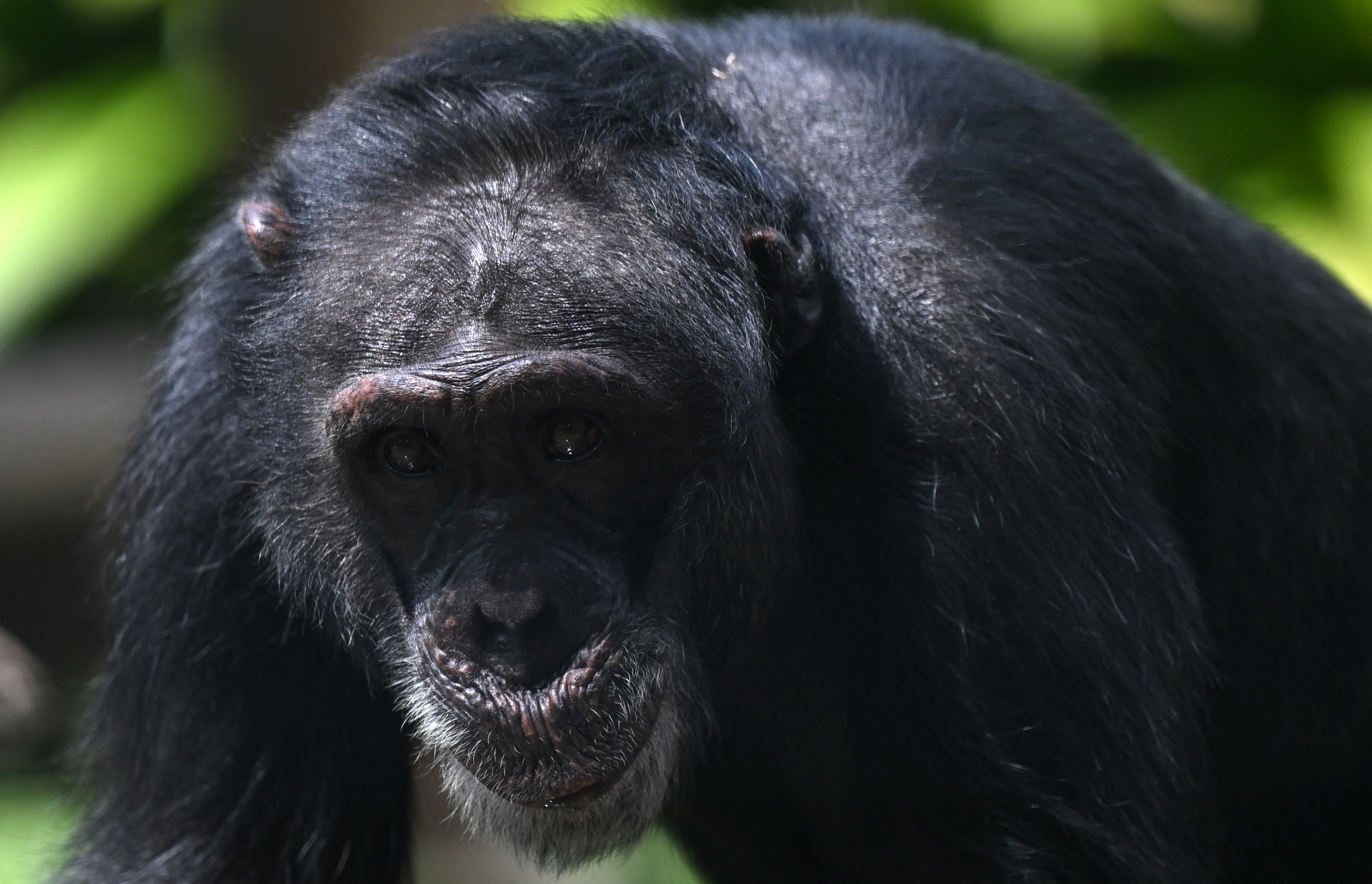Happiness Research: Unlock Joy at Any Age
Unlock Your Joy: Happiness Secrets from a 36-Year-Old Researcher
The Pursuit of Happiness: A Journey with Michael Plant
Ever wondered what truly makes people happy? At 16, Michael Plant started pondering that very question, diving headfirst into the world of philosophy. Now, at 36, he's a global happiness researcher at the Happier Lives Institute (HLI) and a postdoctoral research fellow at the University of Oxford’s Wellbeing Research Centre. He's practically a happiness guru! He dedicates his life to understanding—and sharing—the science of wellbeing. Let's explore his insights into what it really means to be happy and what it takes to achieve a fulfilling life.
What *Is* Happiness Anyway? Plant's Simple Definition
Forget complicated theories. For Plant, happiness is surprisingly straightforward. "Happiness," he says, "is the experience of feeling good overall. I think it's that simple." It's not about constant euphoria, but a general sense of contentment and well-being. It’s about the overall trajectory of your emotional state, not just fleeting moments of joy.
Daily Habits for a Happier Life: Plant's Personal Practices
Actions speak louder than words, right? Here’s a peek into Plant's daily routine, showcasing how he puts his research into practice:
Mindfulness and Meditation: Staying Present
Like many wellbeing experts, Plant emphasizes the importance of mindfulness. Taking even a few minutes each day to be present and aware can significantly reduce stress and boost your mood. Think of it as a mental reset button. Are you constantly caught up in thoughts about the past or future? Mindfulness can bring you back to the present moment, where life actually happens.
Connecting with Others: Nurturing Relationships
Humans are social creatures. Plant understands that strong relationships are a cornerstone of happiness. This might mean consciously scheduling time with loved ones, engaging in meaningful conversations, or simply being present when you're with them. Think of your relationships as a garden – they need tending to flourish.
Physical Activity: Moving Your Body, Boosting Your Mood
You’ve heard it before, but it’s worth repeating: exercise is crucial for both physical and mental health. Plant incorporates physical activity into his day, which contributes to overall well-being. It doesn’t have to be a marathon; a brisk walk or a quick workout can make a difference.
The Biggest Happiness Takeaways: Insights from Research
Plant’s research provides valuable insights into the science of happiness. Here are some key takeaways:
Beyond Self-Care: The Importance of Altruism
Plant stresses that a lot of our discussions about happiness are too self-centered. "A lot of our discussion about happiness is overly self-centered," Plant says. "The most robust research is that when we help others, we feel good." It's like a boomerang; when you throw kindness out into the world, it often comes right back to you.
The Power of Gratitude: Appreciating What You Have
Regularly practicing gratitude can shift your perspective and make you appreciate the good things in your life. It's easy to get caught up in what you *don't* have, but taking time to acknowledge what you *do* have can significantly boost your happiness levels. Keep a gratitude journal or simply take a moment each day to think about what you're thankful for.
Purpose and Meaning: Finding Your "Why"
Happiness isn't just about feeling good; it's also about having a sense of purpose. What gets you out of bed in the morning? What makes you feel like you're making a difference? Finding activities and goals that align with your values can contribute to a deeper sense of happiness. This could be anything from volunteering to pursuing a creative passion.
Debunking Happiness Myths: What *Doesn't* Guarantee Joy
It's tempting to believe that certain things – like wealth or fame – will automatically make you happy. But Plant's research suggests otherwise:
Money Isn't Everything (But It Helps to a Point)
While financial security is important, especially to cover basic needs, chasing wealth doesn't guarantee happiness. Studies show that happiness levels tend to plateau once basic needs are met. It's more about how you use your money than how much you have.
The Hedonic Treadmill: Adapting to Good Fortune
This concept explains why winning the lottery or getting a big promotion might only provide a temporary boost in happiness. We quickly adapt to new circumstances, and our expectations rise accordingly. This is why focusing on intrinsic values and meaningful experiences is more likely to lead to lasting happiness.
Happiness and Comparison: The Thief of Joy
In the age of social media, it's easy to fall into the trap of comparing yourself to others. Plant's research highlights how detrimental this can be to your happiness. Focus on your own journey and celebrate your own achievements, rather than constantly measuring yourself against someone else's highlight reel.
Social Media Detox: Less scrolling, more living
Consider taking a break from social media to reduce exposure to these comparisons. You may be surprised how much it improves your mood and self-esteem.
Cultivating Resilience: Bouncing Back from Setbacks
Life isn't always sunshine and rainbows. Everyone experiences setbacks and challenges. The key is to develop resilience – the ability to bounce back from adversity. Plant emphasizes the importance of learning from your mistakes and maintaining a positive outlook, even during difficult times.
Self-Compassion: Treating Yourself with Kindness
Be kind to yourself when you're struggling. Instead of beating yourself up, offer yourself the same compassion you would offer a friend. This can help you navigate difficult emotions and build resilience.
The Happier Lives Institute: Research for a Better World
The Happier Lives Institute, where Plant is the founder and research director, is dedicated to using research to improve well-being around the world. They work with governments, organizations, and individuals to promote evidence-based strategies for increasing happiness and reducing suffering.
Happiness as a Skill: It Can Be Learned and Cultivated
The good news is that happiness isn't just a matter of luck or genetics. It's a skill that can be learned and cultivated. By adopting positive habits, focusing on meaningful activities, and cultivating strong relationships, you can increase your overall well-being.
Plant's Final Words of Wisdom: A Simple Reminder
Plant’s advice is clear: don’t only think about yourself. "A lot of our discussion about happiness is overly self-centered," Plant says. "The most robust research is that when we help others, we feel good."
Your Journey to Happiness: Start Today
Happiness isn't a destination; it's a journey. By incorporating these principles into your daily life, you can create a more fulfilling and meaningful existence. So, take a deep breath, focus on what truly matters, and embark on your own path to happiness.
Conclusion: Key Takeaways for a Happier Life
Michael Plant's insights offer a refreshing and practical approach to happiness. Remember these key takeaways:
- Happiness is about feeling good overall, not just fleeting moments of joy.
- Helping others is a powerful way to boost your own happiness.
- Gratitude, purpose, and strong relationships are essential for well-being.
- Don't fall into the trap of comparing yourself to others.
- Cultivate resilience and practice self-compassion.
Frequently Asked Questions About Happiness
- Q: Is happiness genetic?
A: Genetics play a role, but lifestyle choices and mindset have a significant impact on your overall happiness levels. It's not predetermined!
- Q: How can I find my purpose in life?
A: Explore different activities, reflect on your values, and consider what makes you feel fulfilled. It's okay to experiment and evolve.
- Q: What if I'm naturally a pessimistic person?
A: While it might be more challenging, you can still cultivate optimism by focusing on positive experiences and reframing negative thoughts.
- Q: How much money do I need to be happy?
A: Enough to cover your basic needs and feel financially secure. Beyond that, the impact of money on happiness diminishes.
- Q: Is it selfish to prioritize my own happiness?
A: Not at all! Taking care of your own well-being allows you to be a better friend, partner, and member of society. It's about balance.

